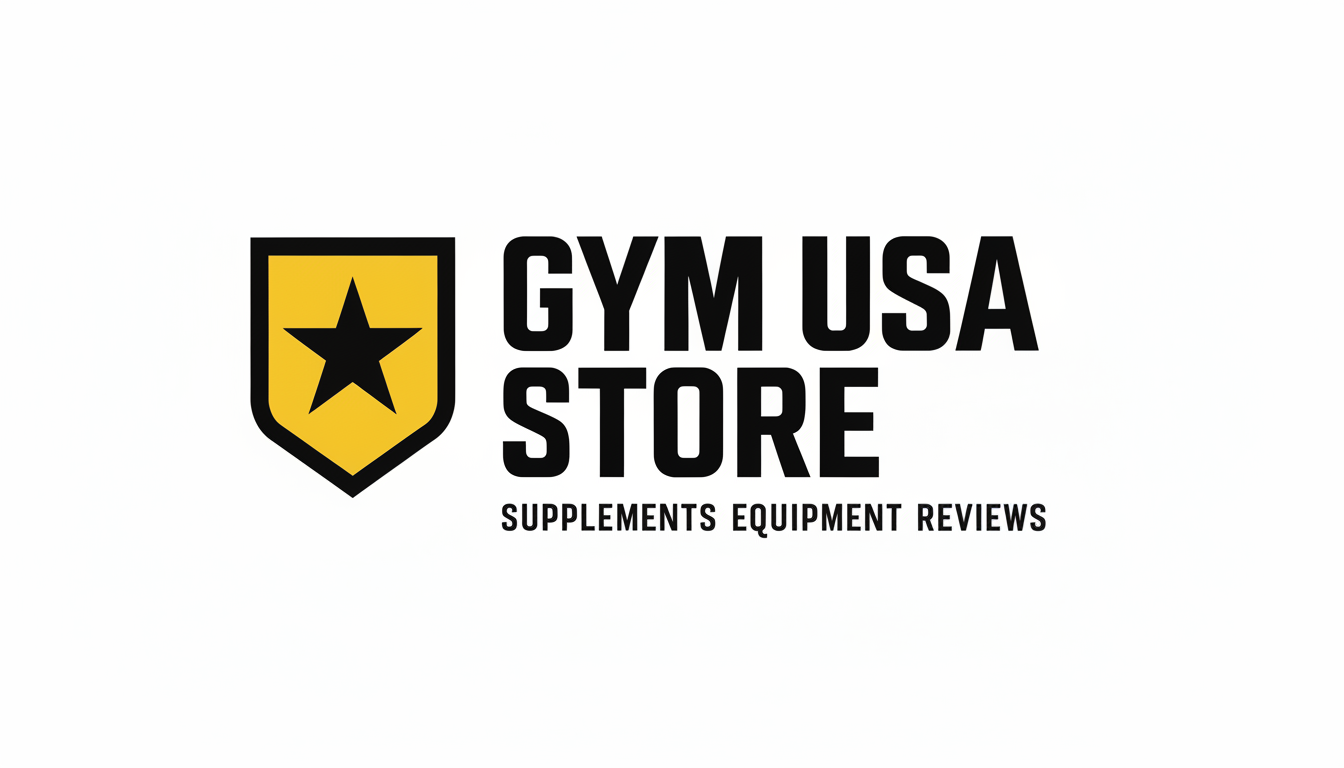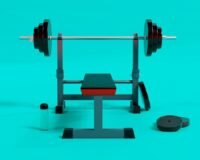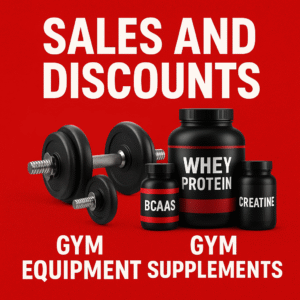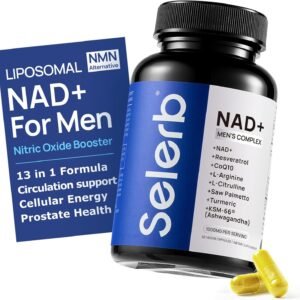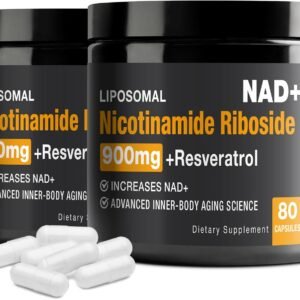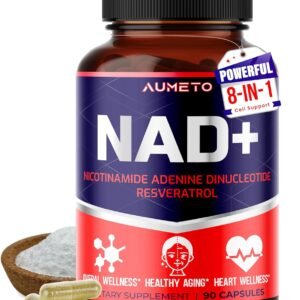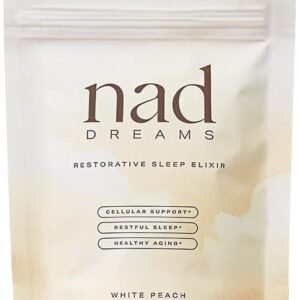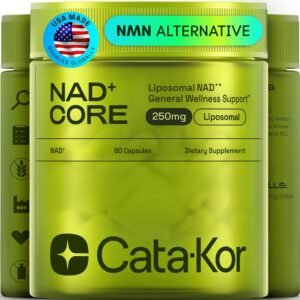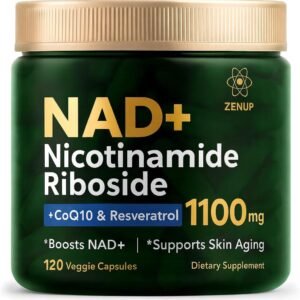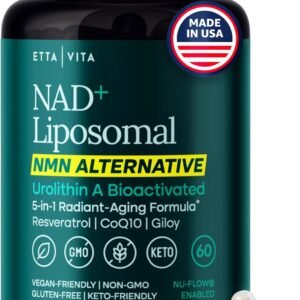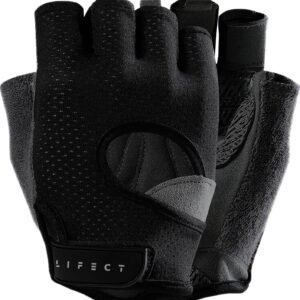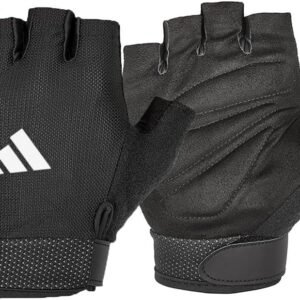What Supplements Actually Work for Muscle Growth
If you’ve ever walked through a supplement store or scrolled through an online catalog, you know the feeling — shelves packed with powders, capsules, and drinks all claiming to build muscle faster than ever. But the truth is, not all supplements work equally. Some are backed by decades of solid research, while others are marketing hype in fancy packaging.
Let’s break down what really works for muscle growth — based on science, not sales pitches.
💪 1. Protein Powder — The Foundation of Muscle Building
Why it works:
Muscle tissue is made of protein, and without enough dietary protein, muscle growth simply can’t happen. Supplementing with protein powder helps you reach your daily protein target more easily, especially after workouts.
Best types:
- Whey Protein: Fast-digesting, ideal post-workout.
- Casein Protein: Slow-digesting, great before bed.
- Plant-Based Protein: For those who prefer vegan options (pea, rice, or hemp protein).
How to use:
Take 20–40 grams post-workout or as a meal supplement to meet your daily protein needs.
✅ Science says: Studies show whey protein boosts muscle protein synthesis and recovery after resistance training.
⚡ 2. Creatine Monohydrate — Proven and Powerful
Why it works:
Creatine increases your muscles’ stores of phosphocreatine, which helps produce more ATP (the body’s energy currency) during high-intensity workouts. That means more strength, more reps, and more muscle over time.
How to use:
Take 3–5 grams daily, ideally after your workout. You can “load” 20g per day for 5 days if you want faster results, but it’s not necessary.
✅ Science says: Creatine is the most researched muscle-building supplement in history, proven to increase lean muscle mass and performance in over 500 studies.
🔥 3. Beta-Alanine — For Pushing Past Fatigue
Why it works:
Beta-alanine helps buffer lactic acid in your muscles, allowing you to train harder and longer before fatigue sets in. Over time, that translates into better muscle gains.

How to use:
Take 2–5 grams daily. It can cause a harmless tingling sensation (called paresthesia).
✅ Science says: Multiple studies confirm beta-alanine enhances endurance and training volume — especially useful for high-rep or intense workouts.
⚖️ 4. Branched-Chain Amino Acids (BCAAs) — Worth It (Sometimes)
Why it works:
BCAAs — leucine, isoleucine, and valine — stimulate muscle protein synthesis and reduce muscle breakdown. But if you already consume enough protein daily, you may not need them.
How to use:
Take 5–10 grams before or during workouts if training fasted or with low protein intake.
✅ Science says: BCAAs can help reduce muscle soreness and prevent catabolism during long workouts, but they’re not essential if you’re hitting your protein goals.
💧 5. Essential Amino Acids (EAAs) — Better Than BCAAs
Why it works:
Unlike BCAAs, EAAs contain all nine essential amino acids needed for muscle repair. They can support protein synthesis even without a full meal.
How to use:
Sip 10–15 grams during or after training, especially if you’re cutting calories.
✅ Science says: EAAs promote muscle anabolism and recovery, especially during calorie deficits.
🧠 6. Pre-Workout Supplements — Energy and Focus Boost
Why it works:
Most pre-workouts combine caffeine, beta-alanine, citrulline malate, and sometimes creatine to enhance energy, focus, and endurance. The muscle growth benefit is indirect — you train harder and recover better.
How to use:
Take 20–30 minutes before your workout. Look for products that are transparent with dosages.
✅ Science says: Caffeine and citrulline malate have the strongest evidence for improving performance and pump.
🥦 7. Omega-3 Fatty Acids — For Recovery and Inflammation
Why it works:
Omega-3s (EPA & DHA) support muscle recovery by reducing inflammation and improving insulin sensitivity. They may also enhance muscle protein synthesis in older adults.
How to use:
Take 1–3 grams of combined EPA/DHA daily, preferably from fish oil or algae oil.
✅ Science says: Regular omega-3 intake can improve strength and reduce soreness after intense training.
🩸 8. Vitamin D, Magnesium & Zinc — The Support Team
Why they matter:
These micronutrients support hormone function, muscle contraction, and recovery. Many athletes are deficient without realizing it.

How to use:
- Vitamin D: 2,000–4,000 IU daily (or as advised by your doctor)
- Magnesium: 200–400 mg daily
- Zinc: 10–30 mg daily
✅ Science says: Adequate levels of these nutrients support testosterone production and overall muscle health.
⚠️ Supplements That Don’t Work for Muscle Growth
Not everything that looks “hardcore” actually delivers results. Here are some popular but overhyped supplements:
- Test boosters (herbal blends): Minimal proven effect unless you have a clinical deficiency.
- Glutamine (for muscle growth): Helps gut health, not muscle gains.
- HMB: Minor effect, mostly for beginners or older adults.
- “Muscle-building proprietary blends”: Usually underdosed or filled with fillers.
🧩 The Bottom Line
Supplements can enhance muscle growth — but they can’t replace smart training, recovery, and nutrition. The key is to focus on what’s proven:
✅ Top 5 that truly work:
- Whey or Plant Protein
- Creatine Monohydrate
- Beta-Alanine
- Omega-3 Fatty Acids
- Vitamin D / Magnesium / Zinc (for support)
Everything else? Optional — or unnecessary.
Muscle growth doesn’t come from a scoop. It comes from consistency, proper recovery, and fueling your body with what works.
